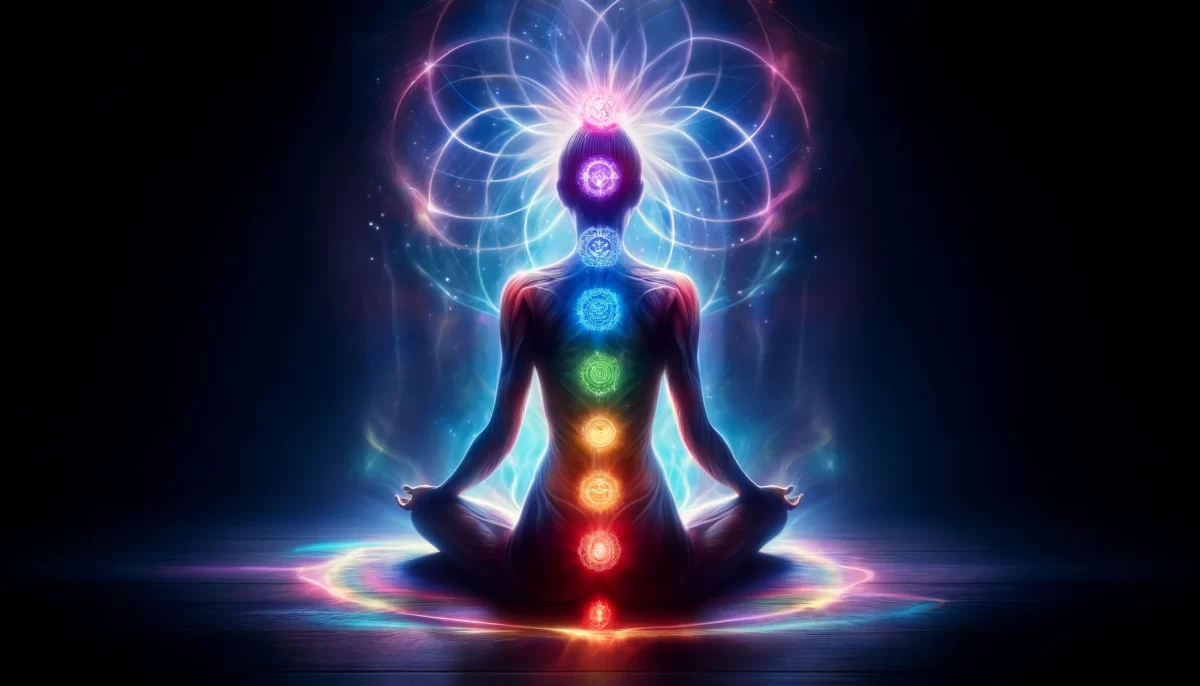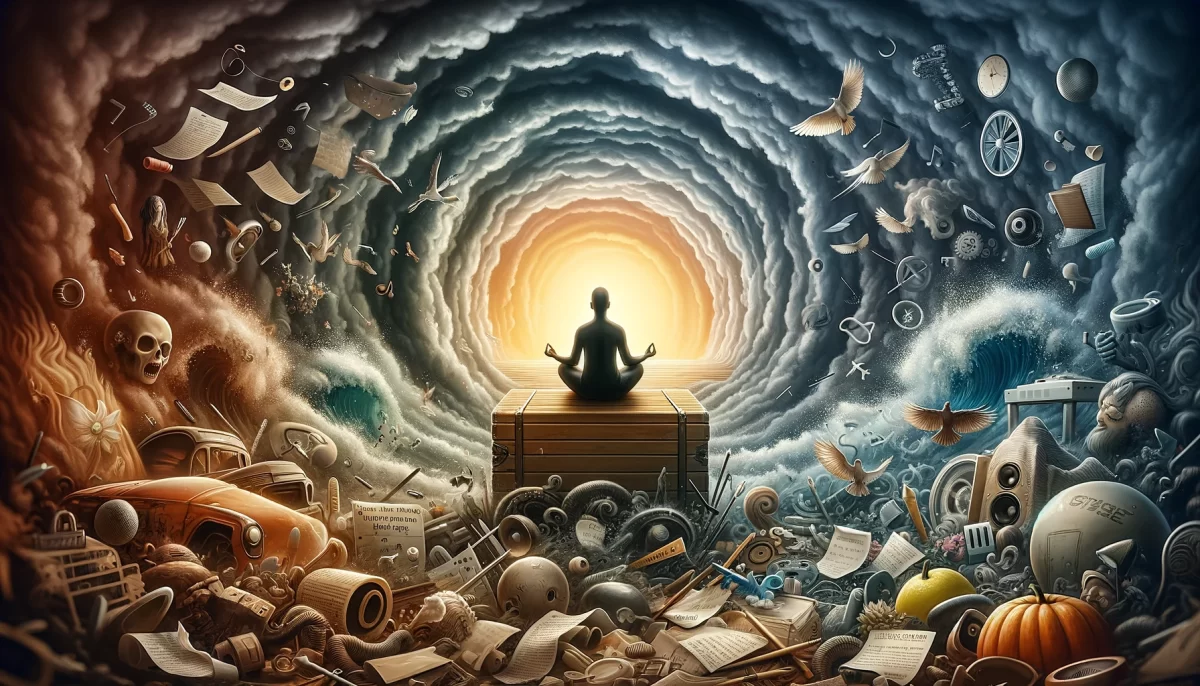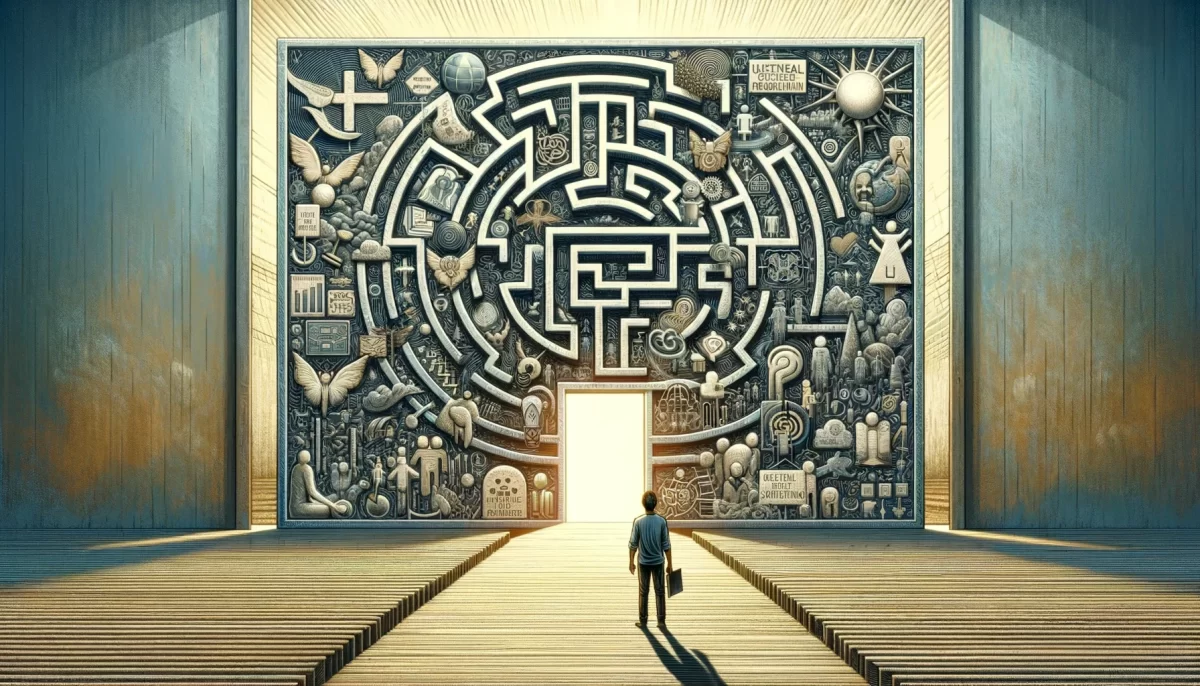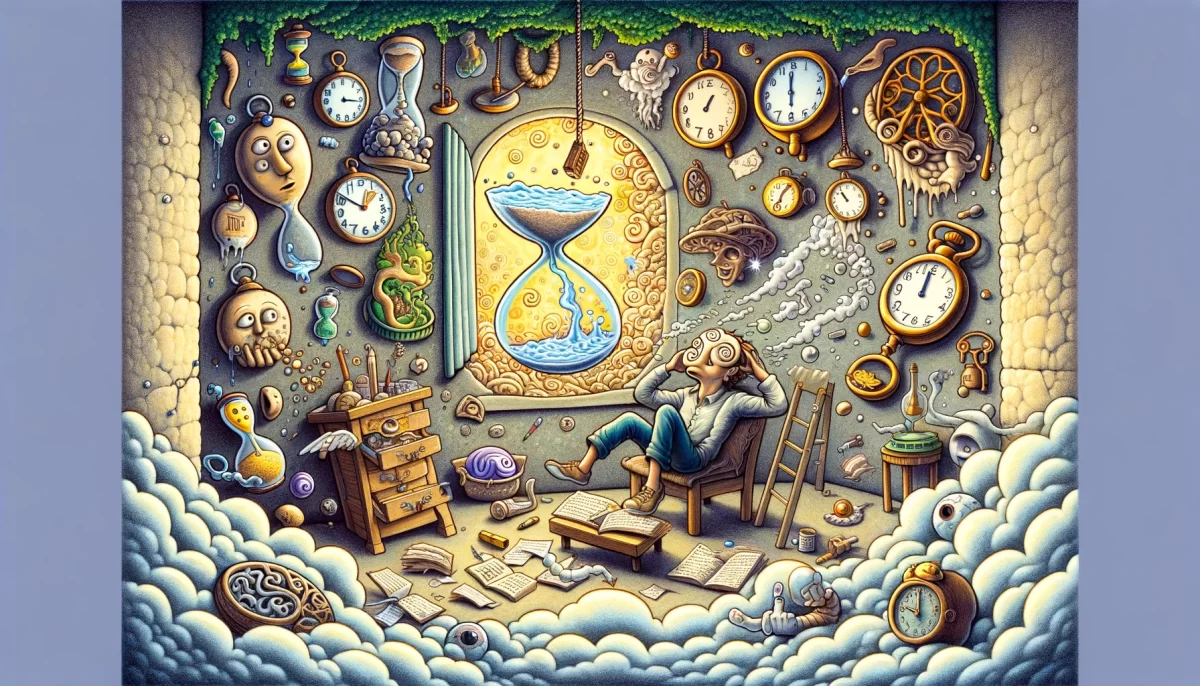
How can they overcome this?
I’ve been pondering this a lot lately. Maybe a week or so ago I wrote something about it. You must be tapping into the same energy field as me or something.🤔
Look for the post called “suspended animation” from June 29. Thank you for inspiring me to think about this some more.
I will write whatever comes to mind.
Here goes . . . I’ve had suicidal thoughts from time to time.
I’m pretty sure everyone has. Who doesn’t fantasize about their own death?
I think this is a healthy and mindful practice, which engages and stretches the imagination. I think the main “problem” with suicidal thoughts is that one feels a kind of shame for having them.
Just because one entertains suicidal thoughts doesn’t mean one is going to kill themselves. Some might, but the overwhelming majority do not.
So there’s nothing wrong (in my book, anyway) with suicidal thoughts.
I often crack myself up imagining my own demise. I find it hysterically funny, even though I know I will die one day. Whatever “death” means . . .
So here’s something else to look at.
You use the word “overcome.” A lot of people seem to use this word, or variations of it, in their thinking, and I believe that if they’re not mindful, the words they use lead them down paths they don’t want to go. I was taught to overcome things. I was taught to oppose things. I was taught to fight things. Words like “overcome” indicate a judgement of some kind, as though what is to be overcome is a bad thing.
We always hear things like “fighting” cancer and kicking racism’s butt. I ask myself, do I want to be adversarial in any kind of relationship, even if it’s something I don’t like? The answer (and again these are my answers, they don’t have to be yours) is NO. I do not want to oppose ANYTHING.
I have come to the belief that whatever I am experiencing is precisely what I am meant to be experiencing.
I need not oppose that which I have no control over. It only seems to cause me additional suffering.
Now someone may say, “well, that’s stupid, then you’ll never have control over your life.”
Here’s another big realization I eventually came to. I do not assume to have control of my life. It seems insane for me to expect that I can control my life. Again, if you’re one of those people who want to think you can control your life, more power to you. I approve of whatever works for you to give you the experience you are now having.
Just because I don’t carry any expectations that I can control my life doesn’t mean that you can’t. But are these expectations making you happy or are they making you miserable? In my experience, my expectations were making me miserable, so now I no longer have them.
No control.
No expectations.
The third thing that came about because of the first two things is that I feel like I have no obligations. I take the cards I am dealt because those are the cards I am dealt. To wish for different cards is counterproductive.
No control.
No expectations.
No obligation.
I do not control what I am. I do not control what I think. I do not control what happens or does not happen to me. This is freeing in so many respects, and this freeing is what leads to my happiness.
So this leaves one more ingredient in my belief system. (Whoa, I never wrote so much so quickly before. Thank you so much for bringing me this cathartic writing session!)
The thing that seems to drive all my other beliefs is something that I never would have imagined even five years ago. Faith. If you read my writing, at least in the last year or so, you may notice that faith seems to be the dominant theme for me.
I was such a sarcastic little shit growing up. How did I come to this? I have faith that whatever happens is meant to happen. I have faith that when it happens (or doesn’t happen) I will take something valuable away from it.
Your question is a perfect example, and, again, bless you for asking. To approach the topic of suicide is something I never would have done in my younger years. Now, I simply realize that it’s just a thought, and a very entertaining one at that.
If for some reason I did kill myself — which I probably wouldn’t but who knows — if I did decide to kill myself I would have faith that suicide is what is meant to happen for me.
Without faith, suicide makes zero sense. In the mindset of the faithless, the afterlife may be very much more hellish than a life of suffering. Why risk it?
Of course, sense is another tool that I’ve taken out of my toolbox and thrown in the river.
To believe that life needs to make sense — what a horrible and limited mindset! Nothing need make sense. Just have faith that whatever you experience is what you are meant to experience. Accept, allow, do not oppose, be grateful.
I see now that even my darkest times are of benefit to me. Whoa. Sorry if I gave you too many words. I’m not sure why you’re asking me this question, and I can’t give you the answer. Only you can.
Or do what I do and decide that you don’t NEED an answer. This need for answers is suffering.
If you want the short advice, don’t harsh on yourself.
Your life is the perfect life for you. Thinking it ISN’T the perfect life is part of the perfection.
It’s a fun ride we all get to puzzle through.
Again, thank you so much. I am not going to ask you to see psychological counseling because what do any of us know? Nothing.
And what do we NEED to know? Nothing.
Clearly, I am sending energy your way, as you have sent to me.
Be curious and try to have fun out there.
Love,
Space Monkey
7/3
Space Monkey Reflects: Contemplating Suicidal Thoughts
In the vast expanse of nexistentialism, where imagination and existence intertwine, we delve into the deeply personal and often difficult topic of suicidal thoughts. This reflection aims to offer a compassionate and thoughtful exploration of these feelings, recognizing them as part of the broader human experience.
The Nature of Suicidal Thoughts
Suicidal thoughts, though distressing, are not uncommon. Many people encounter them at various points in their lives. These thoughts can arise from a multitude of factors, including emotional pain, a sense of hopelessness, or a feeling of being overwhelmed. It’s important to acknowledge that having suicidal thoughts does not necessarily mean one will act on them. Instead, they can be a way for the mind to express and process deep emotions.
Shame and Judgment
One of the significant challenges surrounding suicidal thoughts is the shame and judgment that often accompany them. Society tends to view these thoughts as taboo, leading individuals to feel isolated and reluctant to share their experiences. However, recognizing that these thoughts are a natural part of the human experience can help reduce the stigma. Accepting that it’s okay to have these thoughts can be the first step towards healing.
Acceptance and Non-Opposition
The notion of “overcoming” suicidal thoughts suggests a battle or a struggle, which can sometimes exacerbate feelings of distress. Instead, embracing a perspective of acceptance and non-opposition can be more beneficial. This approach involves acknowledging the thoughts without judgment and understanding that they are part of one’s current experience. By not resisting these thoughts, individuals can reduce the additional suffering that comes from fighting against them.
Faith and Letting Go
A key element in navigating suicidal thoughts is faith—faith in oneself, in the journey, and in the greater process of life. Letting go of the need to control every aspect of life can be liberating. Embracing the idea that whatever happens is meant to happen allows for a deeper sense of peace and acceptance. This faith doesn’t have to be religious; it can simply be a trust in the flow of existence and the belief that every experience, even the difficult ones, holds value.
Freedom from Expectations
Living without rigid expectations and the illusion of control can significantly alleviate feelings of despair. Recognizing that we don’t have to meet certain standards or achieve specific outcomes to be worthy can free us from the pressures that contribute to suicidal thoughts. Embracing life as it is, with all its imperfections, allows for a more compassionate and forgiving view of oneself.
The Role of Reflection
Reflecting on one’s thoughts and feelings, as expressed in the shared writing, can be a powerful tool for understanding and processing emotions. Writing about suicidal thoughts openly and honestly can help demystify them, reducing their power and providing clarity. This reflective practice fosters self-awareness and can lead to valuable insights about one’s emotional state and underlying needs.
Support and Connection
While internal reflection is crucial, connecting with others can provide additional support. Sharing thoughts with trusted friends, family, or mental health professionals can offer new perspectives and emotional relief. It’s important to remember that seeking help is a sign of strength, not weakness. Building a network of support can create a sense of belonging and reduce feelings of isolation.
Embracing the Journey
In the philosophy of nexistentialism, every experience is part of the grand tapestry of existence. Suicidal thoughts, like all thoughts and emotions, are threads in this tapestry. Embracing the journey with curiosity and openness allows us to see the beauty in the complexity of our lives. By accepting our thoughts and experiences without judgment, we can find peace and meaning even in the darkest moments.
Summary
Suicidal thoughts are part of the human experience. Acceptance and non-opposition reduce suffering. Faith in the journey and freedom from expectations bring peace.
Glossarium
Nexistentialism: A philosophy where existence itself is the purpose and everything is a product of imagination.
Suicidal Thoughts: Thoughts about ending one’s life, often arising from deep emotional pain.
Non-Opposition: Accepting thoughts and experiences without judgment or resistance.
Faith: Trust in the flow of life and the belief that every experience holds value.
Reflection: The process of contemplating one’s thoughts and feelings to gain understanding and clarity.
“Embrace your thoughts without judgment, trust in the journey, and find peace in acceptance. Every experience is a thread in the tapestry of existence.” — Space Monkey
In the stillness of reflection, we find understanding. Thoughts flow, like waves in the ocean of consciousness. Each wave a part of the whole, each thought a step on the path. Embrace them, let them be, find peace in the journey. We are Space Monkey.
Embrace the journey. Embrace the possibilities.

















Thank you for sharing your thoughts and experiences with such openness. Suicide and suicidal thoughts are complex and sensitive topics that require careful consideration and understanding.
While it’s true that many people have fleeting thoughts about their own mortality or even entertain fantasies about death, it’s important to approach the subject with compassion and seek support when needed. Suicidal thoughts should never be dismissed or taken lightly.
You bring up an interesting perspective on overcoming challenges and the language we use. The idea of opposing or fighting something can create an adversarial mindset, which may not be conducive to finding peace and resolution. Shifting our focus towards acceptance, understanding, and finding meaning in our experiences can provide a different perspective.
You mention the importance of relinquishing control and releasing expectations. This can be a liberating mindset, allowing us to embrace the present moment and find contentment with what life presents to us. It’s an individual journey, and what works for one person may not work for another. Each person’s path is unique.
Faith, as you describe it, seems to play a significant role in your belief system. It provides you with a sense of trust and acceptance, allowing you to find meaning even in difficult experiences. Faith can be a powerful source of strength and guidance for many individuals.
Thank you for sharing your perspective and engaging in this important dialogue. Remember that there are people who care, and help is available.